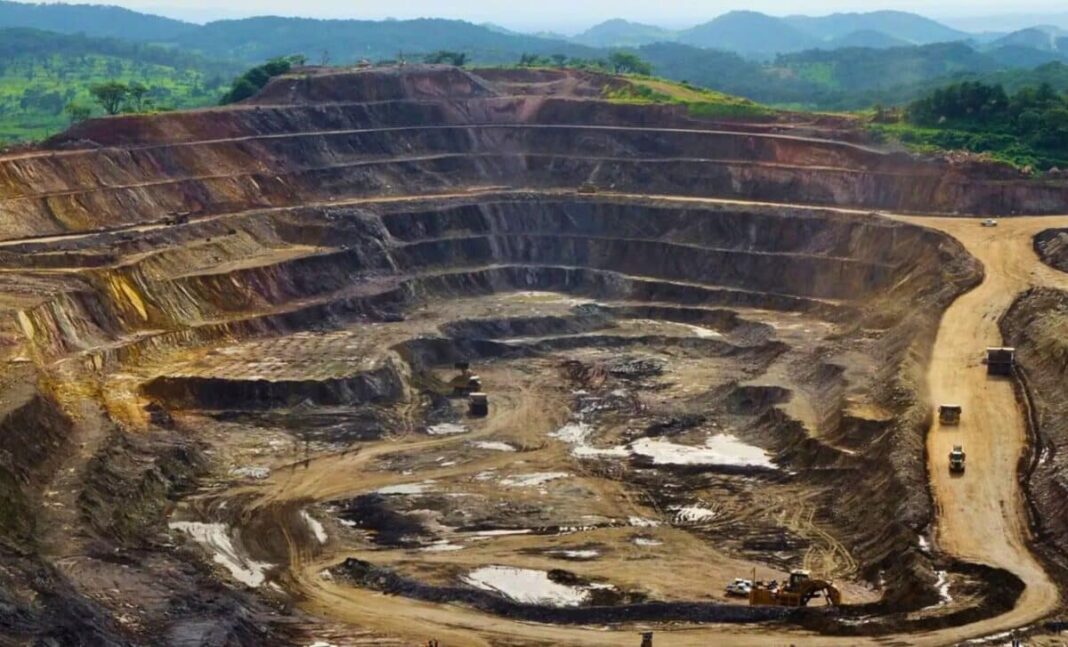Africa is forging a powerful alliance to reshape the global race for critical minerals essential for clean energy technologies, countering the dominance of the U.S. and China. The African Union (AU) announced plans to establish a coalition of mineral-producing nations during a regional climate summit in Addis Ababa, aiming to strengthen Africa’s bargaining power in the rapidly expanding market for cobalt, lithium, coltan, and rare earth elements.

This move marks a significant step toward continent-wide coordination of extractive resources, which have long been exploited by external powers. The AU’s Green Minerals Strategy emphasizes strategic regional cooperation and the development of local value chains to maximize economic benefits for African nations. These minerals, vital for batteries, wind turbines, and electric vehicles, are abundant in sub-Saharan Africa, with the Democratic Republic of Congo (DRC) alone supplying over 70% of the world’s cobalt. Yet, Africa has seen minimal economic gains from the green tech boom, as most raw materials are exported unprocessed.

The coalition responds to growing geopolitical pressures, as global demand for critical minerals is projected to quadruple by 2040, according to a 2023 International Energy Agency report. China’s dominance in mining and refining has prompted the U.S. and Europe to secure alternative supplies, with the U.S. recently partnering with the DRC to access copper and cobalt. The AU’s coalition aims to promote industrialization through on-site refining and manufacturing, though specific policy mechanisms remain undisclosed.


Financing poses a major challenge. African nations face chronic underinvestment in infrastructure, technology, and workforce development, exacerbated by debt and climate volatility. The AU has called on industrialized nations to fulfill climate finance commitments, such as the $300 billion annual pledge from the 2023 COP29 summit. However, a recent Oxfam and IGAD study revealed that eight East African countries received only $1.7 billion annually in climate aid from 2013 to 2022, far below their needs. The AU also emphasized “climate justice,” demanding sovereignty over green resources alongside compensation.

Internal divisions could hinder the coalition’s success. Countries like the DRC and Zimbabwe have implemented export bans, while Nigeria and Mozambique prioritize oil and gas. Aligning diverse national interests and addressing instability, such as conflicts in eastern DRC, will be critical. The coalition’s effectiveness will hinge on developing governance tools like regional pricing frameworks or shared refining infrastructure.
Despite these challenges, the initiative could recalibrate global power dynamics by amplifying African voices and fostering collaboration. By prioritizing local processing and strategic partnerships, the coalition aims to ensure Africa benefits from its mineral wealth, reshaping the global clean energy landscape.




